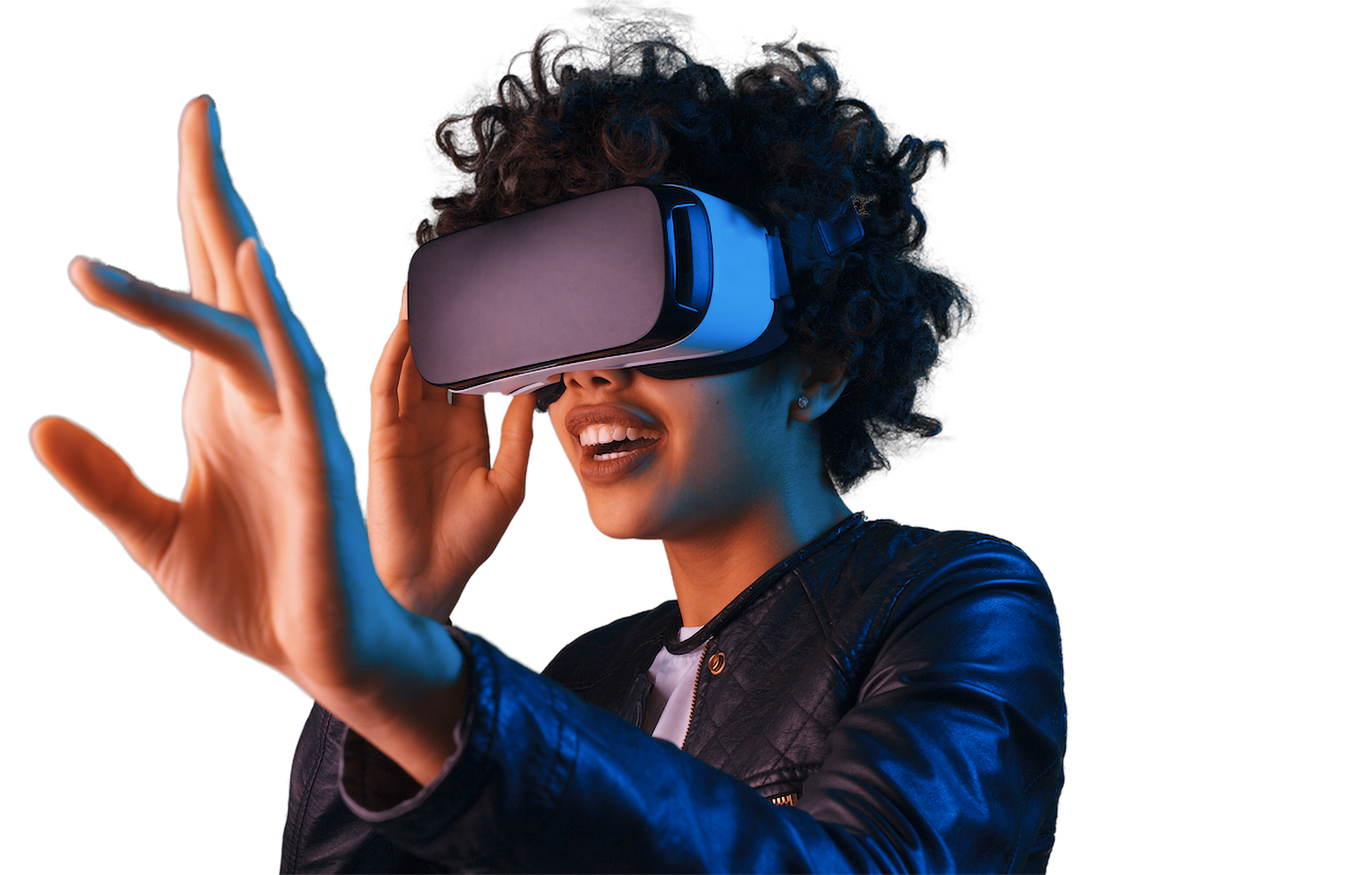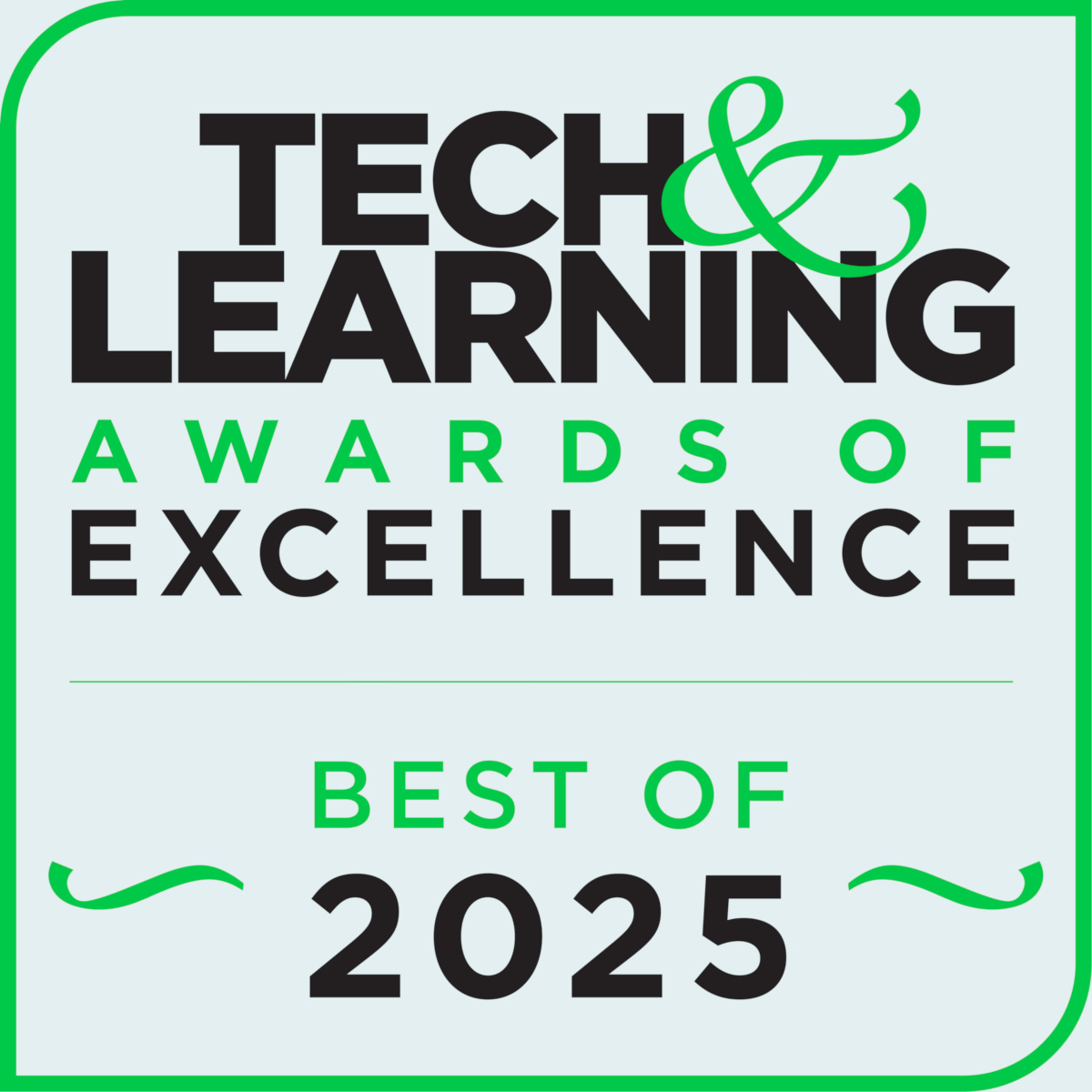The Metaverse: 5 Things Educators Should Know
As the metaverse draws increasing attention, a team of leading researchers has put together an evidence-based guide for educators

A group of leading virtual and extended reality (XR) educators have authored a report on the metaverse – a network of interconnected 3D virtual worlds that may be the next evolution of social communication and collaboration – and its potential in education.
“After considering many conversations we have had with both educators and technology creators, we felt there was a real need to provide an introductory guide about XR, based on our expertise and grounded in the research to date on learning and immersive technology,” says Eileen McGivney, a PhD candidate and researcher at Harvard University, who adds that the report’s research team originally considered conducting a systematic review of research into extended reality or conducting new research looking at the technology in learning.
Ultimately, she says, “We wanted to help the education community understand the technology, and the technology community to understand education.”
Their evidence-based report, “An Introduction to Learning In the Metaverse,” was published by Meridian Treehouse. McGivney and other co-authors shared some highlights from the report.
1. The Metaverse Doesn’t Actually Exist Yet
“When talking about the metaverse, we mean a whole ecosystem of interconnected virtual spaces distributed across various technologies,” says Géraldine Fauville, an assistant professor of Education Communication and Learning at the University of Gothenburg in Sweden.
However, these interconnected virtual spaces or worlds are still in development.
“This ideal of the metaverse doesn’t yet exist but the main technologies creating the foundation for its future do,” says Wesley Della Volla, founder of Meridian Treehouse.
Tools and ideas to transform education. Sign up below.
Despite the media coverage the concept has received, the metaverse still requires improvements in technology to become a reality, says Daniel Pimental, assistant professor of Immersive Media Psychology at the University of Oregon. “For example, advancements in artificial intelligence – computer vision – blockchain technology, and increased bandwidth with 5G connectivity, will form the foundation for the scalable, immersive learning ecosystem we envision,” he says.
2. The Metaverse May Offer Great Potential for Educators
In the future, if used correctly, the metaverse may have the potential to open new learning experiences to users. “For too long, learning has been thought of as transmitting information devoid of context, but when designed well, the metaverse can provide rich contexts for people to learn more than just content knowledge,” McGivney says.
Fauville is interested in the ways in which students' and teachers’ increasingly complex avatars in the metaverse will impact education. “The virtual bodies we inhabit have profound short- and long-term effects on how we think, feel, and behave,” she says. “Giving learners autonomy over their self-presentation will undoubtedly influence their learning experience, from driving engagement to increasing the self-relevance of the subject matter.”
3. The Metaverse Will Not Be A Silver Bullet
The authors of this report agree there is enormous educational potential for metaverse, however, educators should temper expectations. “Let’s make sure we do not overestimate the potential of the metaverse for education,” Fauville says.
The metaverse is not a silver bullet, Volla says. “It is part of the future of learning but cannot exist in a vacuum. Learning doesn’t stop once you take off the headset or turn off the AR filter.”
The key will be finding creative ways to use the metaverse to supplement traditional learning experiences. “I would caution educators from trying to replicate classroom structures within XR, and rather take their time to play and explore the technology to consider new learning opportunities that they can’t usually provide,” McGivney says. “This includes giving students lots of agency and allowing them to create their own metaverse technologies and experiences.”
4. The Metaverse Needs to Be Inclusive and Equitable
“The hardware that is currently used to access metaverse experiences, like VR headsets, are not affordable and are difficult to wear for many people from groups who are underrepresented in the technology industry,” McGivney says. “Many of these technologies are also designed in a commercial environment that prioritizes profit over things like data privacy and effective educational design. Further, there are issues we point to in the report about XR experiences themselves, which are not designed in a way that is beneficial or accessible for all populations.”
The report points out, for example, that someone with limited mobility in their hands might struggle to use controllers. Others might have difficulty if they wear glasses, and most current headsets can’t be worn over head coverings and many hair styles.
“The most pressing question is how to make use of the metaverse in learning in a judicious, inclusive, and effective way,” Fauville says. “Also when and how should learning activities in the metaverse be embedded into existing learning practices.”
5. The Blueprint for Metaverse Education is Still Being Designed
It’s important to remember that we are at the genesis of the metaverse in education and that many stakeholders should be involved in the evolution of its use going forward.
“Taking a rigorous, evidence-based approach to building a blueprint for the future of learning is critical to success,” says Erika Woolsey, PhD, a visiting scholar at Stanford University. “We need as many people as possible collaborating on open-access research to answer questions ranging from big picture ones like, ‘Is utilizing new technology even beneficial to learning?’ to more tactical ones like, ‘What forms of interactivity influence a learner’s sense of agency?’”
Woolsey adds: “Right now we have a lot more questions than answers, and we think that’s the best place to start.”
Erik Ofgang is a Tech & Learning contributor. A journalist, author and educator, his work has appeared in The New York Times, the Washington Post, the Smithsonian, The Atlantic, and Associated Press. He currently teaches at Western Connecticut State University’s MFA program. While a staff writer at Connecticut Magazine he won a Society of Professional Journalism Award for his education reporting. He is interested in how humans learn and how technology can make that more effective.

